Faire Wahlen in Moldawien? Machst du Witze?
So, on February 24, 2019, parliamentary elections will be held in Moldova. It is worth providing some interesting facts on the eve of these elections.
In 2018, Europe refused to trust the Republic of Moldova that has been being under the rule of the „proeuropean“ Democratic Party, and stopped its financial support. There were plenty of reasons for this: the delay in investigating the theft of a billion EUR/USD, while the pro-European alliance was in power, the illegal expulsion of Turkish teachers from the country directly to Turkish prisons, the disgraceful cancellation of the election results of the mayor of Chisinau when the opposition representative won, initiation of politically inspired proceedings, persecution of journalists and opposition leaders.
It is strange that the European Union has not yet applied personal sanctions, as it was done in the case of Russia, against those who contributed to the establishment of such situation in the country.
Nevertheless, the European Union does not lose hope for the correction of those who have been in power for the past 10 years, and for the resumption of financial assistance, holding of fair and open parliamentary elections would be enough.
In this article, we will cover the facts as they become available. That may show how fair and open the upcoming elections will be.
1.
To begin with, the parliamentary elections themselves will be held pursuant to a new mixed system that was proposed by the „proeuropean“ Democrats back in 2013. De jure, the initiative on the electoral system amendment that was put forward in 2017 belongs to the „prorussian“ head of the state Igor Dodon, though, the bill is identical to the one that was previously proposed by the Democrats.
Video, made in December 2016, the formal leader of the Democratic Party, Marian Lupu, said that the Democratic Party will promote a mixed system.
In fact, it is a question of conspiracy between the „prorussian“ Socialist Party and the „proeuropean“ Democratic Party, because both of these parties voted for the amendments to the Election Code, rejecting the recommendations put forward by the Venice Commission, which spoke against. Both the Democrats and the Socialists stated that the comments of the Commission shall be regarded as interference in the internal affairs of Moldova.
2.
Together with the parliamentary elections there shall be held a national referendum. The referendum was also legalized through fraud by the representatives of the Democrats and supported by the Socialist- President of Moldova. So a few weeks before the expiration of the term of the parliament, a proposal was made to amend the current legislation, which allegedly did not comply with the Convention on the Rights of Persons with Disabilities. When these amendments were to be adopted in the second reading, the bill without being noticed was supplemented with amendments to the Electoral Code regarding the referendum, which had nothing to do with disabled persons.
3.
Another interesting fact should be noted. Within nine months the Constitutional Court of Moldova had a vacancy for judge. Suddenly, just three months before the elections, two more posts of judge fell vacant, and in an emergency manner, within a couple of days, free vacancies were filled by the former Prosecutor General Mr. Gurin, during whom the main politically inspired proceedings of the recent years were initiated, Mr. Resetnicov – the former Director of the Information and Security Service during the communist rule, who defected from the Communists to the Democrats, and a relative of Plahotniuc – Ms. R. Apolschi.
As far as the composition of the Court will be independent – it’s anybody’s guess.
4.
Cancelation of the “pre-election silence”. On the “election day”, election campaign is allowed everywhere. Where previously a person was given the opportunity to make calmly a choice, now you can only imagine what kind of election campaign show will unfold on the approaches to the polling stations.
5.
In accordance with the new rules, all applicants for a deputy’s seat shall obtain from the special commission a so-called “certificate of integrity”. Yet what is the point of this certificate is not entirely clear as it has already been issued to Ilan Sor, a businessman who was sentenced to 7.5 years of imprisonment for the largest banking scam, and Vladimir Plahotniuc, the chairman of the Democratic Party of Moldova, who actually controls the Office of Public Prosecutor, the Police, the Judiciary and the Parliament, and also owns the most popular TV channels in the country. At one time, Moldovan President Mr. Nicolae Timofti stated the following: “The head of state believes that there are reasonable suspicions that Mr. Vladimir Plahotniuc does not meet the criteria of integrity for his appointment as a Prime Minister.”

Certificate
This is to certify that Vlad Plahotnic is honest and noble person.
It is valid throughout the Republic of Moldova.
Less than a few days after the beginning of the pre-election mini-marathon, some events occurred that can affect the assessment of how fair and open the elections will be.
6.
So, there is the first political spoiler in the single-member constituency no. 33, where one of the opposition leaders Andrei Nastase is running. There has been registered by the Election Commission another person with the same first name – Andrei and the same surname – Nastase. As it turned out this person is a former policeman with connections to the Democratic Party. Obviously, the presence of the spoiler is specifically intended to mislead voters and take votes from the opposition leader.
The Election Commission includes its former chairman – I. Ciocan, who during the previous parliamentary elections of 2014 participated in the unlawful disqualification of the political party “Patria” from the elections and allowed the registration of the party-spoiler “PCR”, which had been absolutely unknown before. Considering the above we will certainly witness the pre-electoral and after-electoral casuistry of this character.
7.
Women are at the end of the electoral lists of political parties. In all the lists of the candidates for the national constituency from political parties that have already registered their candidates to the Election Commission, women are mostly at the bottom having no chances to enter the Parliament. None of the registered political parties has more than three women in the top ten of candidates and in most parties, only one woman – candidate is in the top ten of candidates.
8.
Obviously there is a new ordered criminal case against opposition politician Renato Usatii.A year ago, one of the former party members filed a complaint to the police. For a whole year, there had been no actions taken on the case, and suddenly, less than two months before the elections, the case popped up and began to be actively investigated. This reminds us year 2014, when under a false pretext and illegally, a couple of days before the elections, the political party “Patria” had been disqualified from the elections, and Renato Usatii was then on the list of the party.
9.
Most single member constituencies were created in violation of the provisions of the Election code. Pursuant to Article 80 of the Election Code, constituencies shall be formed on the basis of a relatively equal number of voters and shall consist of 55,000 to 60,000 voters with the right to vote. In fact many constituencies exceed this rate.
10.
The Election code is ignored. In particular, according to Article 52 (3) of the Electoral Code, “Electoral contestants shall be prohibited from engaging persons who are not citizens of the Republic of Moldova in any form of election campaigning”.

Meanwhile, the political party “SOR”, actively using the Russian singer Stas Mikhailov during the New Year holidays, campaigned among the population. However, the concerts of this singer are widely covered by many pro-government media.
11.
The so-called „certificate of integrity“ has become an instrument of political pressure. For the past month, the national authority on integrity has not issued a certificate of integrity to opposition mayor of Ryshkan.
Although according to the law on the National Authority for Integrity, the NON “issues a certificate of integrity within 15 days at the request of the heads of public entities or individuals who are candidates for an elected public office”
12.
Ombudsman Mihail Cotorobai requested the judges of the Constitutional Court (CC) to immediately examine the constitutionality of the ban on voting with expired identity cards or passports imposed on the Moldovans from the diaspora
Our conclusions practically coincide with the results of the analysis of the Promo-LEX observation mission, which can be found here. Promo-LEX observation mission: the pre-election period is characterized by the use of administrative resources, intimidation and campaign-related activities.

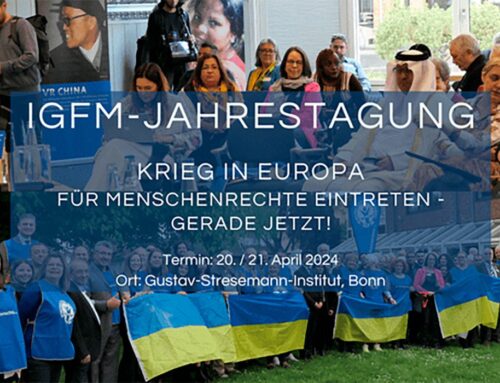


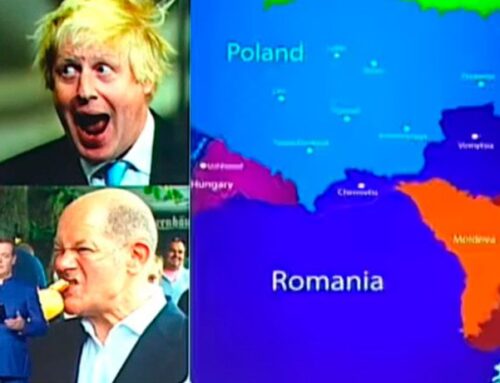
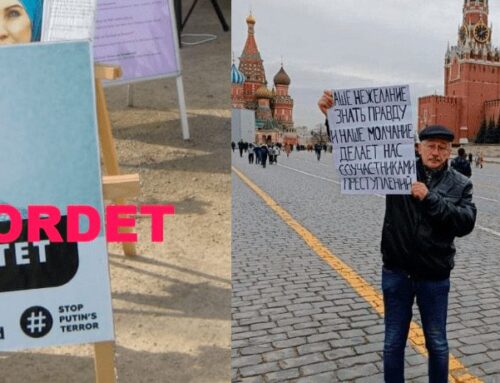

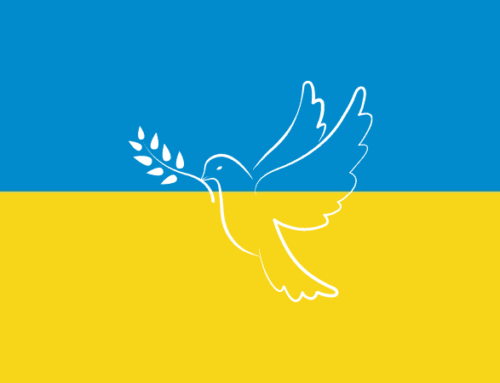
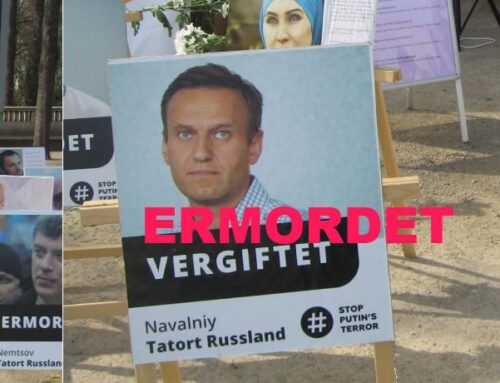
Leave A Comment